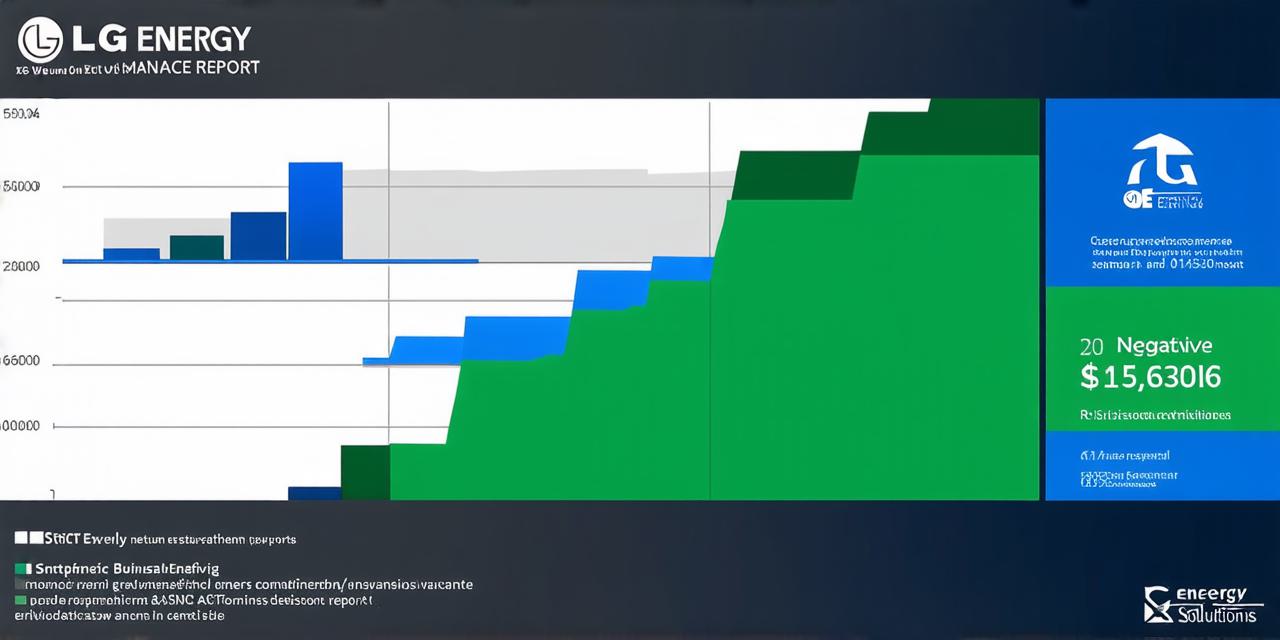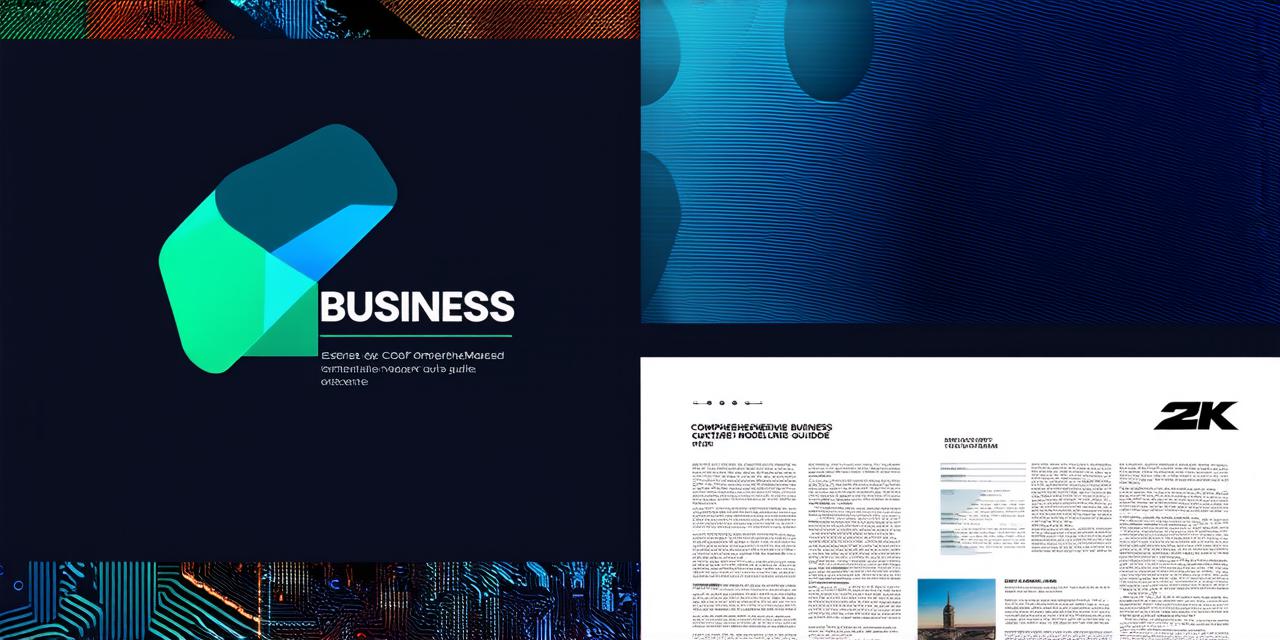Looking for a top-tier character design agency to bring your creative vision to life? At ServReality, we pride ourselves on delivering high-quality character designs that stand out in any medium. Whether you’re developing a game, animation, or digital content, our expert team is ready to craft characters that not only look amazing but also resonate with your target audience.
Why Partner with ServReality?
Choosing the right agency for your character design needs is crucial. Here’s why ServReality should be your go-to partner:
- Innovative Design Process: We approach each project with a fresh perspective, combining creativity with the latest design trends to deliver characters that are both unique and impactful.
- Expert Team: Our team consists of seasoned designers who have worked on numerous successful projects across various industries. Their expertise ensures that your characters are not only visually stunning but also aligned with your project’s goals.
- Client-Centric Approach: We believe in collaboration. From the initial concept to the final design, we work closely with you to ensure that your vision is accurately reflected in every character we create.
- High-Quality Output: Attention to detail is our hallmark. We focus on every aspect of character design, from facial expressions to clothing and accessories, ensuring that the final product exceeds your expectations.
- Versatility: No matter your project’s style or theme, our agency is equipped to deliver designs that fit perfectly within your creative framework, whether it’s fantasy, sci-fi, or realistic characters.
Transform Your Ideas into Captivating Characters
At ServReality, we understand the importance of character design in storytelling and brand identity. Our goal is to create characters that are not just visually appealing but also deeply connected to your narrative, leaving a lasting impression on your audience.
Ready to elevate your project with exceptional character design? Visit our https://servreality.com/game-art/character-design-company/ to explore our services and discover how we can help you achieve your creative goals.




